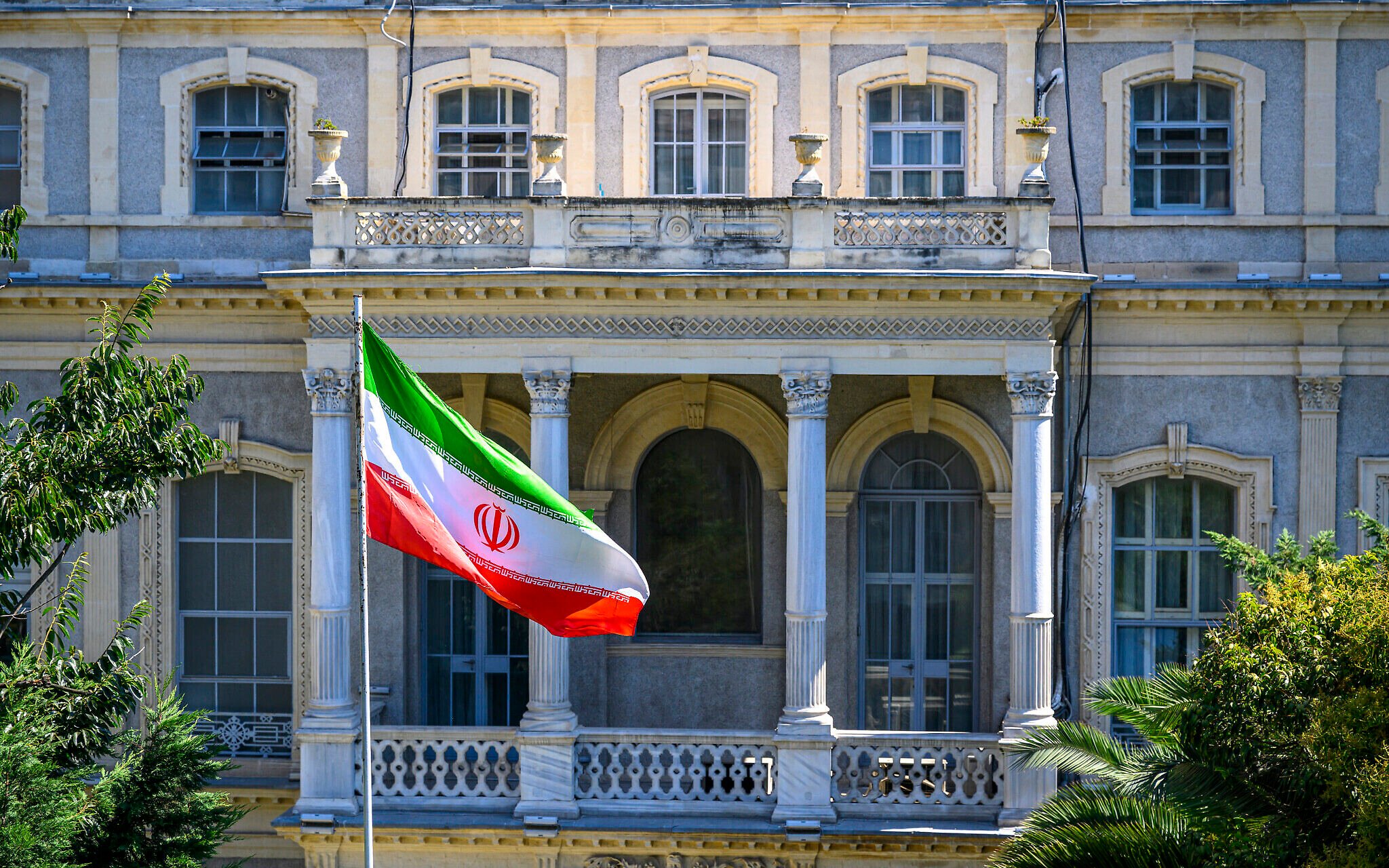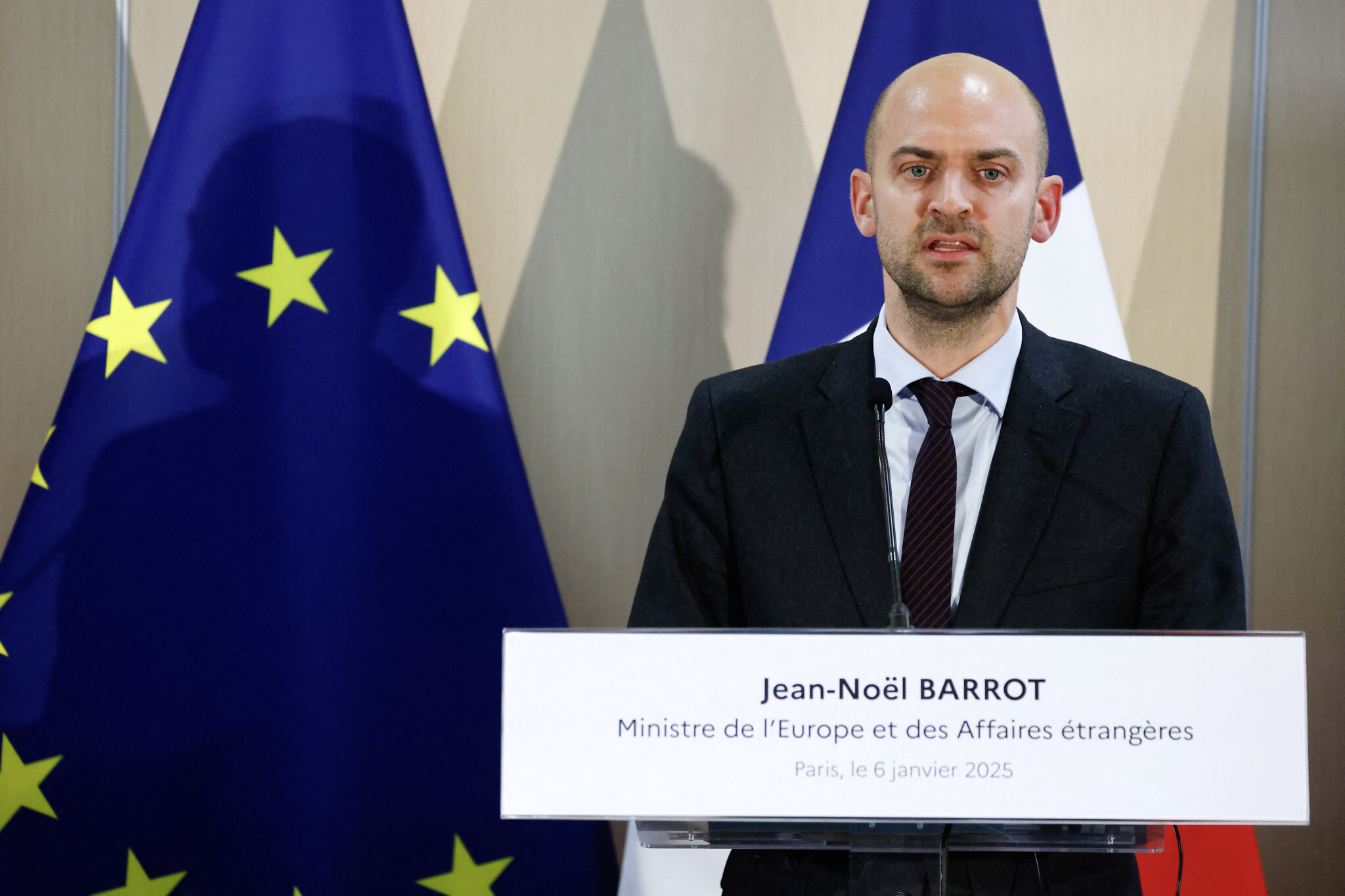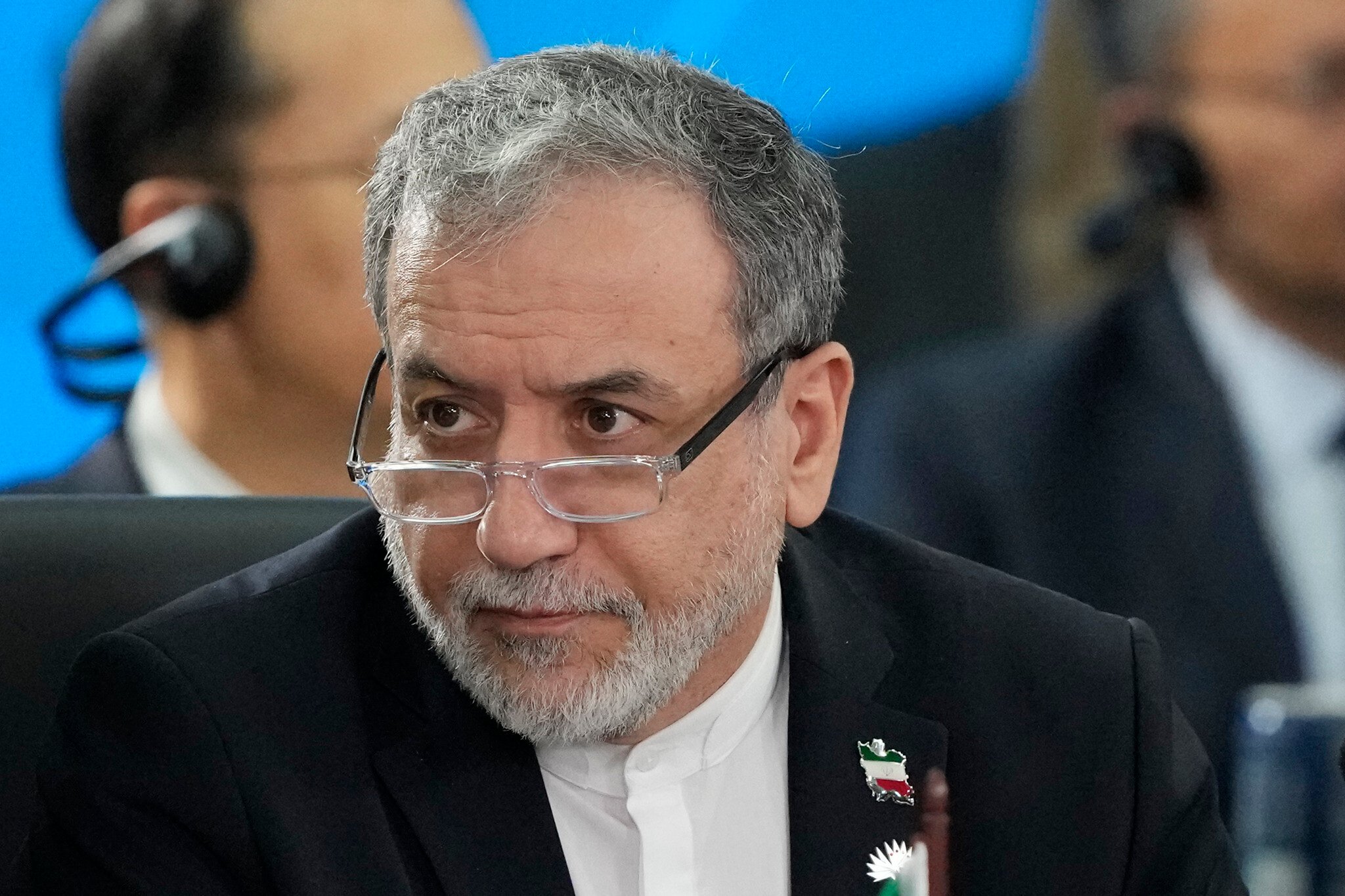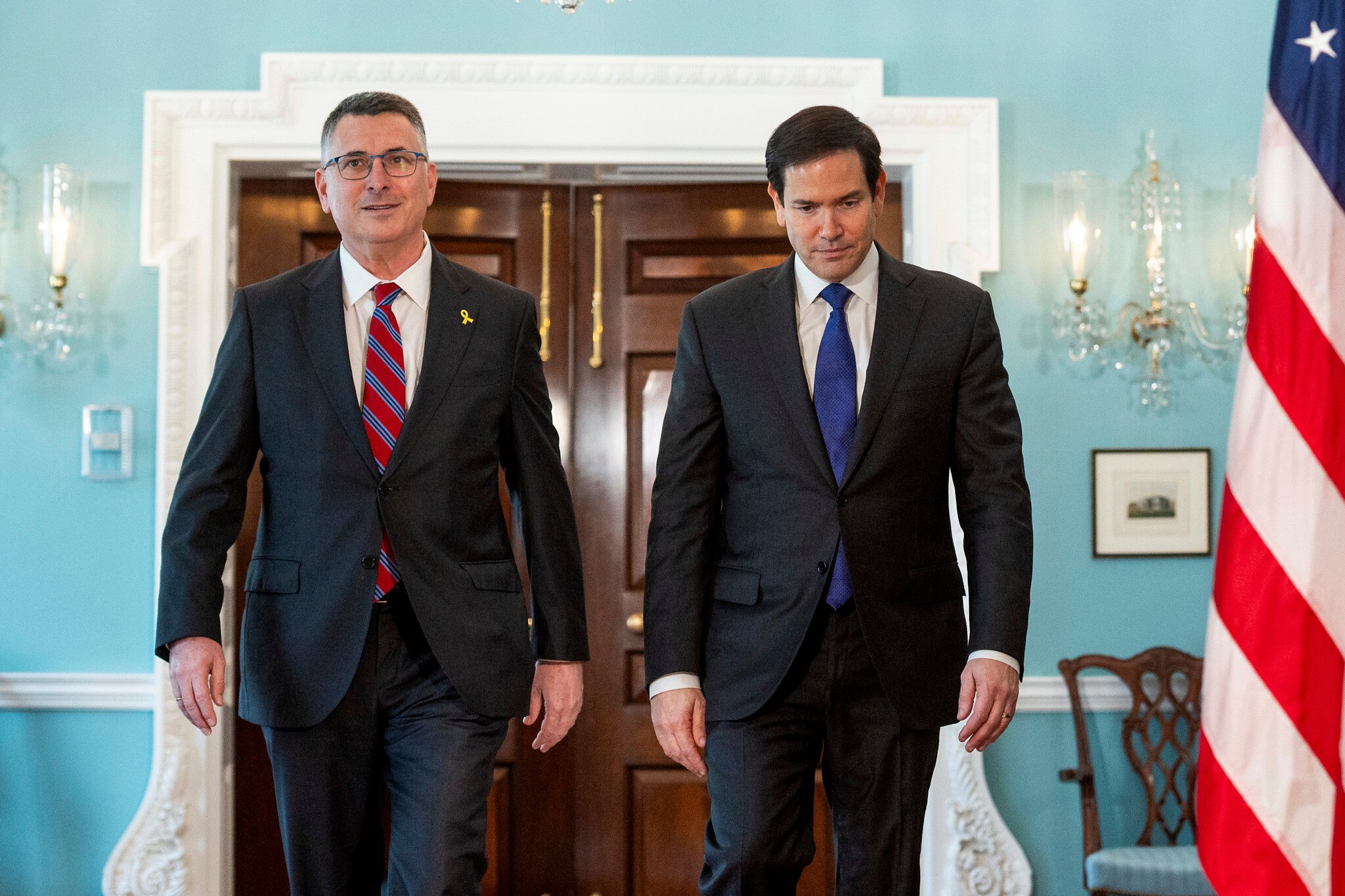



Britain, France and Germany announced Thursday their decision to reimpose UN sanctions on Iran over its nuclear program, sparking indignation from Iranian officials and praise in Israel and the United States.
The step was announced in a letter to the UN Security Council sent by the European powers as they launched a 30-day process to once again level punitive measures against the Islamic Republic.
The so-called E3 had been threatening to trigger the so-called snapback mechanism for months, and stood to lose their ability to restore sanctions come mid-October under the provisions of a 2015 nuclear accord with Tehran.
The three European signatories to the now-moribund deal held several rounds of talks with Iran since Israel and the US struck its nuclear installations in mid-June in an effort set back Tehran’s nuclear and ballistic missile program.
The talks were aimed at reaching an agreement to defer the mechanism, but the E3 deemed that talks in Geneva on Tuesday did not yield sufficiently tangible commitments from Iran.
The European nations accused Tehran of having decisively violated the deal aimed at keeping the regime from attaining a nuclear weapon. The US, which was party to that deal, pulled out under President Donald Trump in 2018, and held failed indirect negotiations earlier this year with Tehran.
France and Germany’s foreign ministers stressed that the decision, which will only yield concrete sanctions by the end of September, did not signal the end of diplomacy with Tehran.

“We are determined to use the 30-day period that is opening to engage in dialogue with Iran,” France’s Foreign Minister Jean-Noel Barrot said on X. “We remain committed to diplomacy to ensure that Iran never acquires a nuclear weapon.”
German Foreign Minister Johann Wadephul called for Iran’s full cooperation with the International Atomic Energy Agency and a clear commitment to direct negotiations with the United States, saying diplomacy can still continue.
A senior Iranian official speaking to Reuters said the move was “an action against diplomacy, not a chance for it.” He admitted that Iran would continue diplomacy with the E3, but “will not concede under pressure.”
Iran’s Foreign Minister Abbas Araghchi said Tehran would “respond appropriately” to the decision, deriding the step as “illegal and unjustified.”

The E3’s ministers informed US Secretary of State Marco Rubio of their decision Wednesday, saying they hoped that Iran would engage by the end of September to provide commitments over its nuclear program that would convince them to defer concrete action.
Rubio welcomed the decision in a statement Thursday, stressing that the European powers had pursued negotiations before moving to enact sanctions.
“These European allies have laid out a clear case of Iran’s continuing ‘significant non-performance’ of its nuclear commitments, establishing a strong basis for initiating snapback,” Rubio said.
“The E3 could have initiated snapback at any point since 2019 but chose instead to first pursue intensive outreach and engagement — to provide Iran with a diplomatic offramp from its strategy of nuclear escalation,” he continued.

The move was also met with high praise from Israeli officials, with Foreign Minister Gideon Sa’ar calling the sanctions “inevitable,” while cautioning that Iran hasn’t given up on its aim of attaining a nuclear weapon.
Writing on X, he hailed the move as “an important step in the diplomatic campaign to counter the Iranian regime’s nuclear ambitions.”
Israel’s Ambassador to the UN Danny Danon also praised the action, saying that the “countries of the world are… joining the fight against the axis of evil.”
“This is an important step on the way to stopping the Iranian nuclear program and increasing pressure on the regime in Tehran,” he added.
The brief military conflict between Israel and Iran began on June 13 with a surprise Israeli attack, and ended 12 days later, soon after the US joined the campaign, striking three key nuclear sites.
Israel said its sweeping assault on Iran’s top military leaders, nuclear scientists, uranium enrichment sites, and ballistic missile program was necessary to prevent the Islamic Republic from realizing its avowed plan to destroy the Jewish state.
Iran has denied seeking to acquire nuclear weapons. However, it enriched uranium to levels that have no peaceful application, obstructed international inspectors from checking its nuclear facilities, and expanded its ballistic missile capabilities. Israel said Iran had recently taken steps toward weaponization.
Iran retaliated to Israel’s strikes by launching over 500 ballistic missiles and around 1,100 drones at Israel. The attacks killed 31 people and wounded over 3,000 in Israel, according to health officials and hospitals.
Times of Israel staff contributed to this report.
